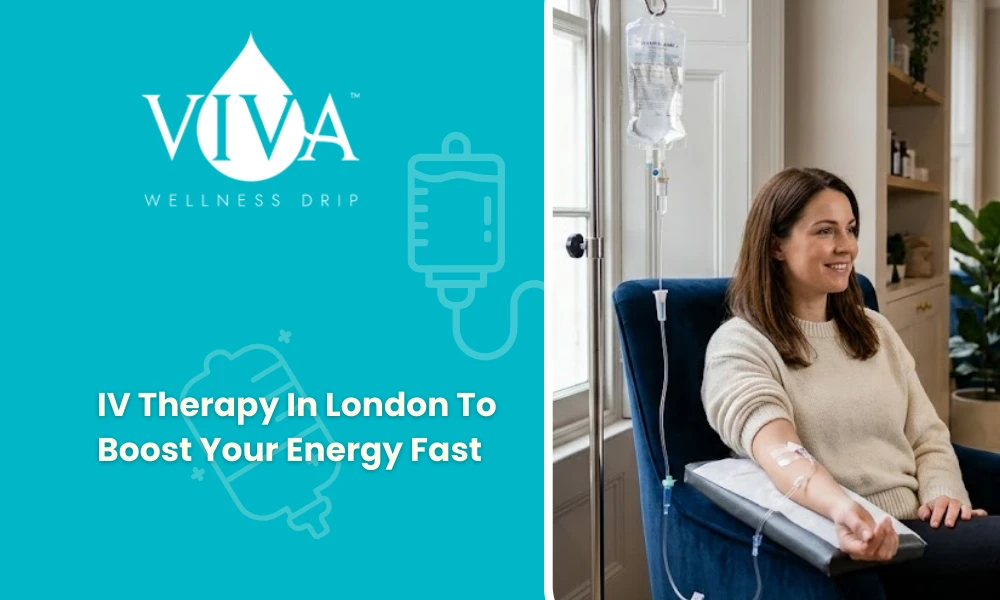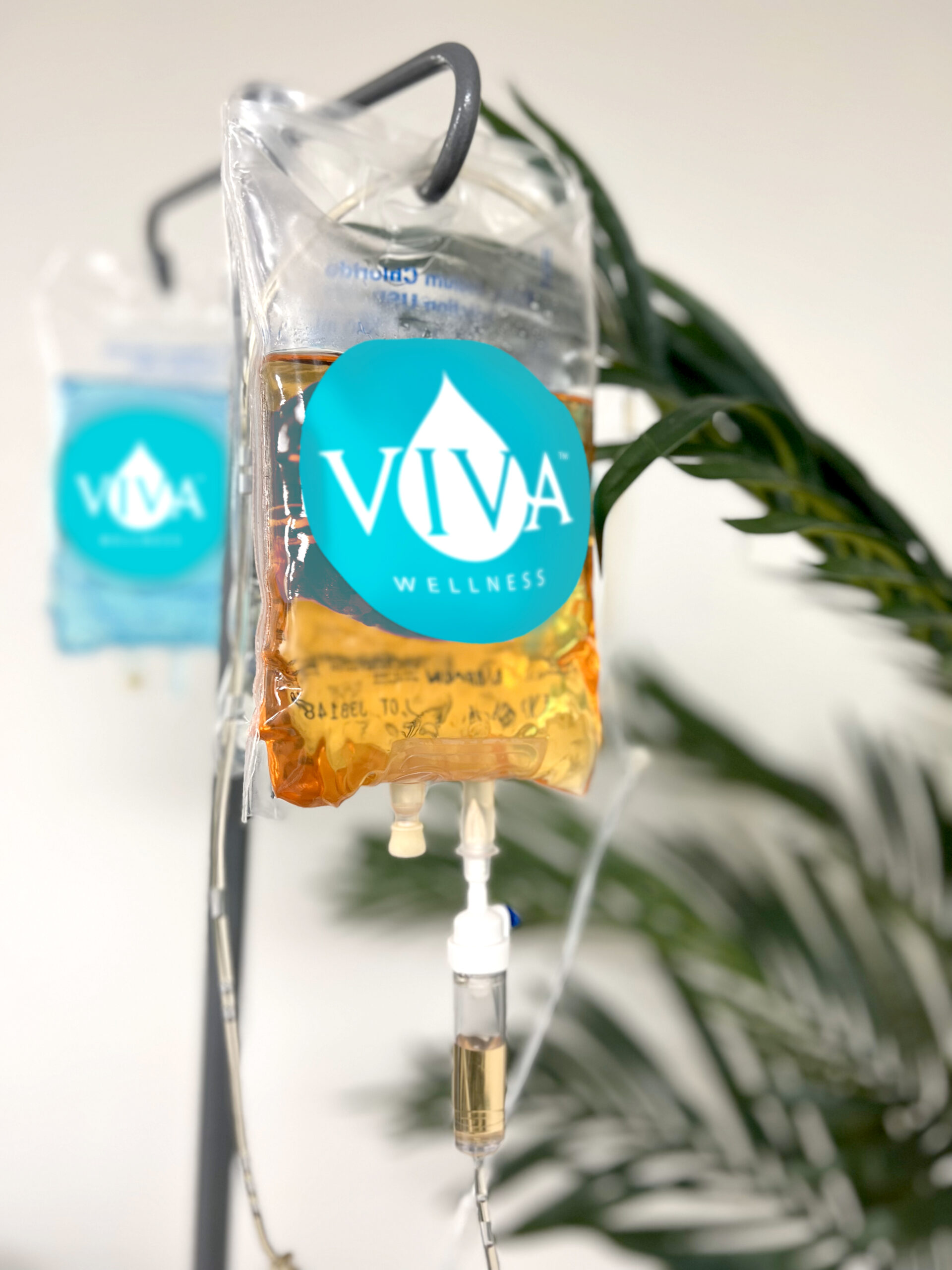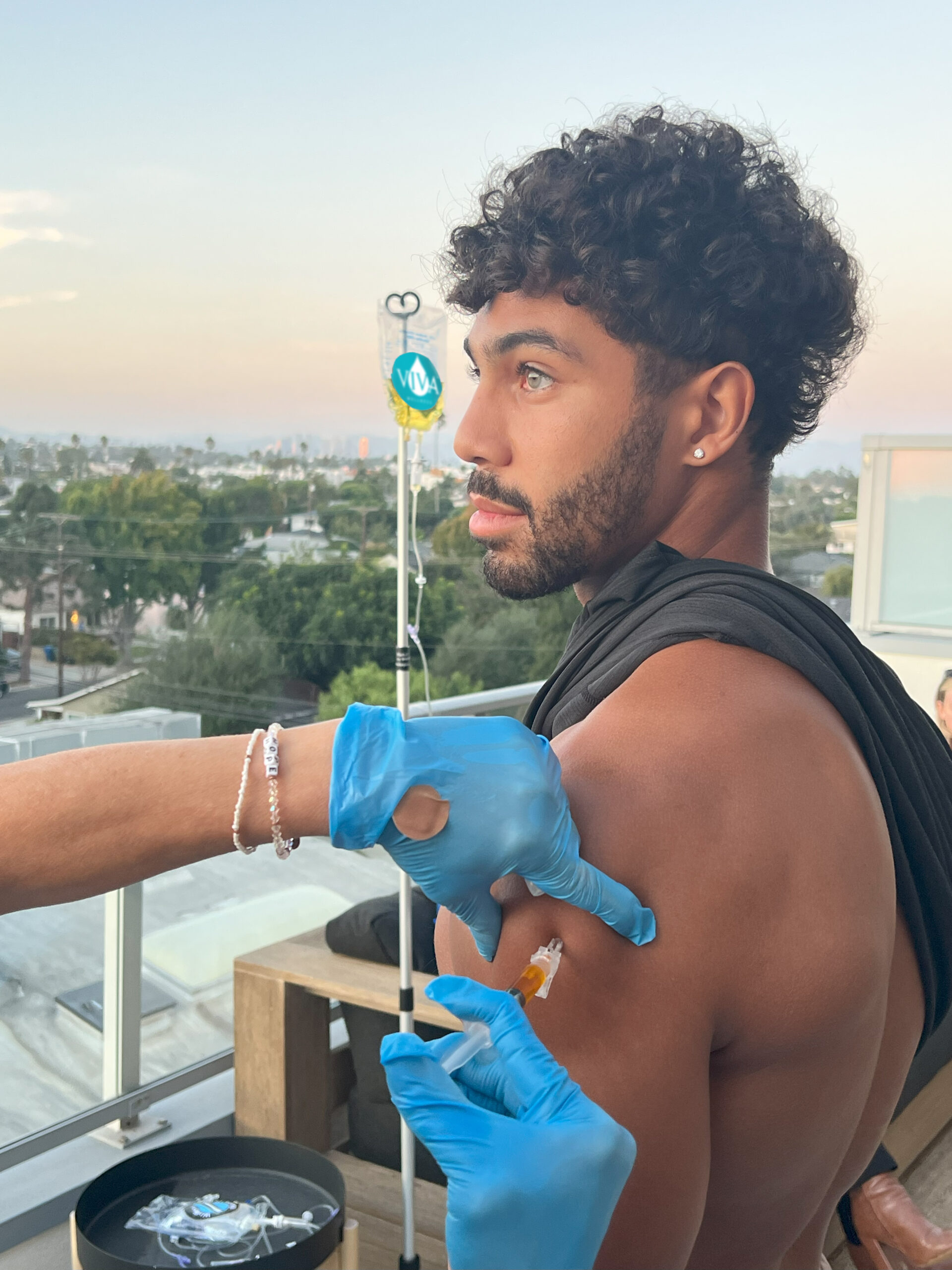Many people wonder when IV Therapy is the right choice for their health needs. IV Therapy delivers fluids, medication, or nutrients directly into your blood for fast results. This blog will share a medical expert opinion on the clinical benefits of IV drips and explain when to get an IV drip based on doctor’s advice.
Key Takeaways
- IV therapy gives fast hydration, medicine, or nutrients right into the blood. Doctors use it for quick results in emergencies or when pills do not work well.
- Doctors suggest IV therapy for people with serious dehydration, electrolyte problems, or trouble absorbing nutrients. It helps patients recover faster and boosts energy.
- Physicians check each patient’s health history before recommending IV therapy. They look at past illnesses, allergies, current medicines, and risks like infection or allergic reaction.
- Studies show that vitamin IV drips may not help much if you already have normal nutrition levels. Always talk to your doctor about benefits vs. side effects before starting this treatment.
- Only licensed healthcare professionals should give IV therapy to keep it safe. Patients need full information about costs and possible risks before making a choice.
What Is IV Therapy?

IV therapy is a medical procedure that delivers fluids, medications, blood, or nutrients directly into the bloodstream through a vein. Qualified and licensed healthcare professionals must always perform this treatment to keep it routine and safe in clinical settings.
IV therapy for specific conditions allows doctors to hydrate patients quickly, correct electrolyte imbalances, or treat nutrient deficiencies.
Doctors may suggest IV therapy when rapid hydration or immediate medication is needed. The process uses one of four main types of IV fluids based on each patient’s needs. Vitamin infusions can offer quick energy boosts and immune support for some people with certain health issues; but studies show limited benefits for those who already have normal nutrition levels.
Side effects and costs can vary so doctors give patients all the details before starting treatment. This helps anyone considering IV therapy make an informed choice with their doctor’s advice on IV therapy as guidance.
Medical Conditions That May Require IV Therapy
Doctors often use IV therapy to handle certain health problems quickly. They choose this method when fast action can help the patient’s recovery.
Dehydration and electrolyte imbalances
Dehydration and electrolyte imbalances can be serious health concerns. IV therapy offers a quick solution for rehydrating the body. It delivers fluids directly into the bloodstream, ensuring fast hydration.
This method helps restore vital electrolytes that our bodies need to function properly.
Proper hydration is crucial in many situations, like when someone is ill or has been sweating heavily. Patients with these conditions often find relief through IV therapy because it improves nutrient absorption and supports overall energy levels.
It also boosts the immune system during recovery periods. Obtaining a doctor’s advice on IV therapy can provide clarity about its benefits and safety before deciding to proceed.
Next, we will examine how specific medical conditions may require IV therapy.
Nutrient deficiencies and chronic illnesses
Chronic illnesses often lead to nutrient deficiencies. Patients with these conditions may struggle to absorb essential vitamins and minerals from food. IV therapy can help address these needs.
It delivers nutrients directly into the bloodstream, ensuring quick absorption.
Patients experience faster hydration and improved energy levels through IV therapy. This method supports their immune systems effectively. Healthcare professionals assess each patient’s specific needs before recommending this treatment.
They consider potential side effects and health history during their evaluations.
Factors Physicians Consider Before Recommending IV Therapy
Physicians evaluate each patient’s health history to determine the need for IV therapy. They consider the potential risks and benefits to make informed decisions suited to individual circumstances.
Patient health history and specific needs
Patient health history plays a vital role in deciding if IV therapy is right for them. Physicians assess each patient’s unique needs before recommending the procedure. They consider factors like past medical issues, current medications, and any allergies.
Understanding these details helps ensure safety during treatment.
Specific needs also influence the choice of IV therapy. Patients with dehydration or electrolyte imbalances often benefit from quick hydration and improved nutrient absorption. Chronic illnesses may require customized solutions to meet nutritional demands effectively.
Healthcare professionals keep patients informed about the potential risks and benefits involved with IV therapy, allowing them to make informed decisions about their care.
Risks versus benefits evaluation
Moving from patient health history and specific needs, physicians must evaluate the risks versus benefits of IV therapy. They analyze individual circumstances to determine if IV therapy is suitable.
This assessment includes weighing potential side effects against the procedure’s advantages. For instance, while IV therapy can provide fast hydration and better nutrient absorption, it may also have risks, including allergic reactions or infections.
According to evidence, there are limited benefits of IV vitamins for individuals with normal nutritional levels. Physicians consider these factors carefully before making recommendations.
In clinical settings, qualified professionals perform this routine procedure safely and effectively; they ensure patients understand what to expect during treatment. Patients deserve complete information about both the pros and cons of vitamin IV therapy.
Cost considerations also play a key role in their decision-making process.
Conclusion
Choosing IV therapy depends on each patient’s unique needs. Doctors weigh health history against the benefits of this procedure. Patients deserve clear information about the risks and rewards involved.
Fast hydration and better nutrient absorption are key advantages. Always consult a qualified healthcare professional to make informed choices about IV therapy.
FAQs
1. When should a doctor recommend IV therapy instead of oral medicine?
Doctors recommend IV therapy when patients cannot absorb medicine by mouth, need fast results, or have severe dehydration.
2. What medical conditions make IV therapy the right choice?
IV therapy is best for severe infections, some chronic illnesses, and emergencies like shock or major fluid loss.
3. How does a physician decide if IV therapy is needed?
A physician checks the patient’s symptoms, medical history, and lab results. If oral medicine is not effective or safe, IV therapy is chosen.
4. Are there risks when a doctor chooses IV therapy?
IV therapy can cause infection, vein irritation, or allergic reactions. Physicians weigh these risks against the benefits before making a decision.
























